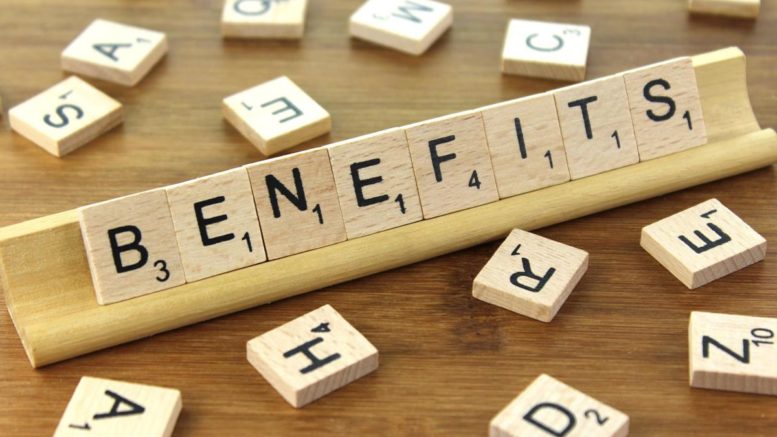Landlords have a hard-enough time with tenants who fall into rent arrears but it is to be feared that changes in the payment of benefits from April 2017 will exacerbate the issues as there will be some restrictions on the amount of benefits that will be paid.
This has implications not only on whether the rent will be paid in full, but also on the management of the tenancy.
Child Tax Credit
From 6th April, child tax credit will be limited to 2 children. Families larger than 2 children, where children are born before 6th April 2017, will still be entitled to child tax credit for all their children. However, where subsequent children are born, there will be no increase in the child tax credit.
The intention may be that parents should take more responsibility for their children and not see them as a means of increasing their income, but this will take time for the lesson to be learned by tenants, whereas the restriction on the tax credit will be felt within the next year.
In addition, there will no longer be the payment of the ‘family element’ of £545; this will not apply retrospectively, so families already in receipt of the family element, with at least one child born before April 2017 will continue to receive it; families where the first child is born on or after 6th April 2017 will not receive the family element.
Universal Credit changes
Universal Credit will only be paid for 2 children from 6th April 2017. If in receipt of Universal Credit, there will be no increase for children born after 6th April. Any new claim for Universal Credit for applicants that already have more than 2 children will receive tax credits until November 2018, in order to be completely fair to them, so they do not lose out.
Universal Credit used to pay a ‘first child premium’, a higher sum for the first child, acknowledging the additional expenses a first child brings. This changes from 6th April 2017. If the first child is born after that date, there will be no ‘first child premium’, the benefit rate will be the same for both first and second children.
These steps may hit the pocket of claimants, which is not good news for landlords – any hits to the tenants’ pocket puts at risk the landlords rent. However, there is some slight good news – for those earning an income from work, the taper rate, which had been 65% for many years, reduces to 63%. For every £1 earned over the allowed amount, the claimant would pay 63p rather than 65p – sounds very little when put like that, but is a step in the right direction and in keeping with the ethos of Universal Credit – that workers will keep more of what they earn.
The limiting of benefits to only 2 children is a move towards making the benefit dependent take more responsibility for their family planning, but further steps will seek to stop any woman feeling that they need not think of work.
There will be work focused interviews when the youngest child reaches 1 year old, to start work preparation when the child turns 2 and by the time the third birthday is reached, looking for work. Living on Benefits should not be seen as the long-term life-style choice.
The Limited Capability for Work element to Universal Credit will be abolished, reducing support for those that are capable of some type of work. This has not been a popular move, seen as discriminating against those with a Disability.
Though they are now in a minority, there have been landlords prepared to assist the young and vulnerable homeless. They will now need to give careful consideration to whether they should continue to do so, as there will be no automatic right to the housing element of Universal Credit for the unemployed 18-21 year old. There will be some exceptions where it would be allowed, but strong cases would have to be made and probably re-made every year, with no certainty that it would continue to be allowed, just because it was allowed once.
There can be no doubt that times will become harder for many private sector tenants. If it is not to become harder for the private landlord, rent accounts must be clear and up to date, standard steps need to be taken when rent arrears occur – and don’t forget, a new financial year means new budgets for Discretionary Housing Payments, if your tenants are struggling. It is worth your tenants applying rather than get into difficulties which mean they could eventually be evicted.
For advice on buy to let issues – General Knowledge








Be the first to comment on "Changes to Benefits – April 2017"